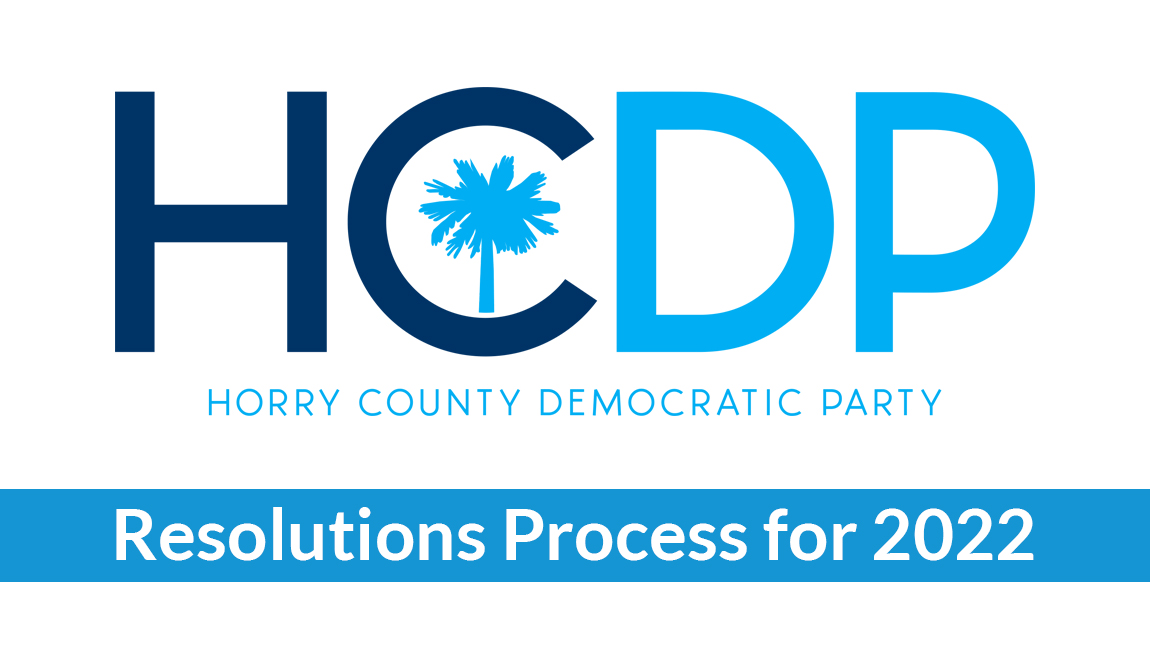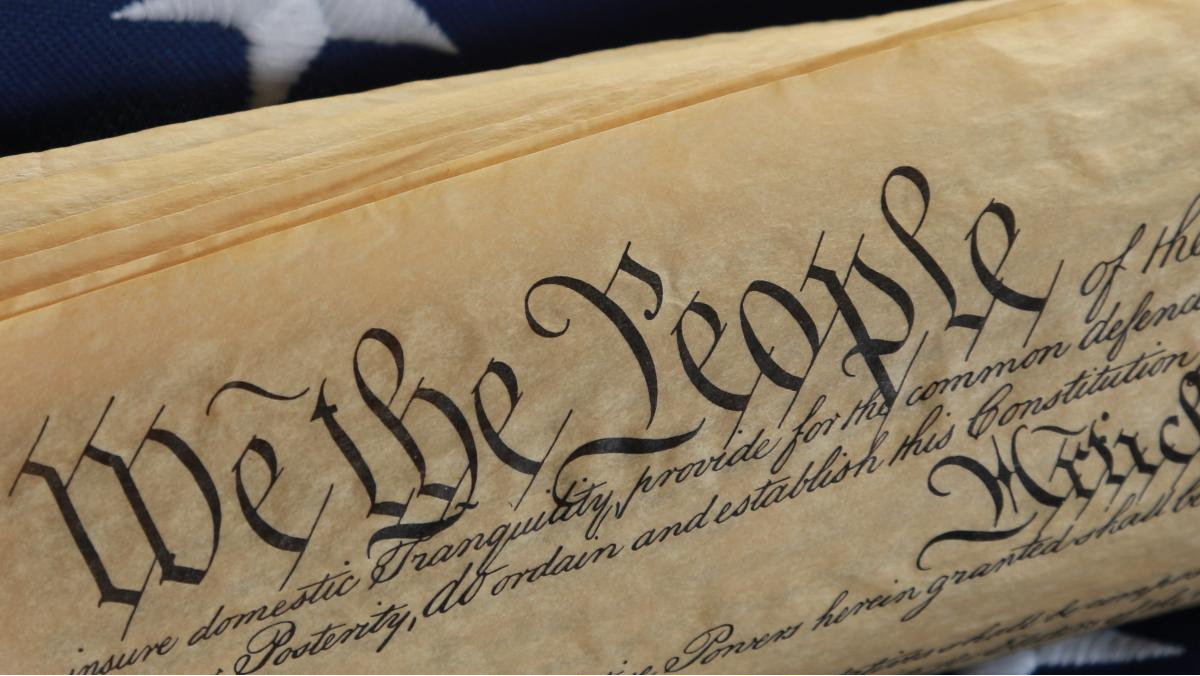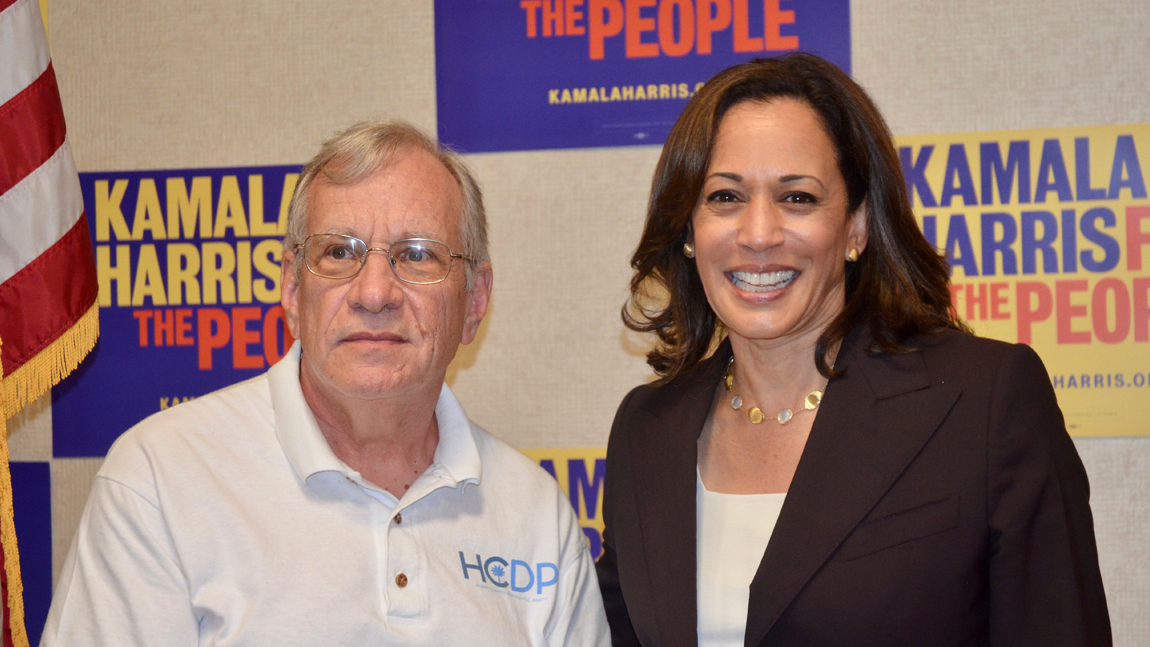By Rick Patelunas
Congressman Tom Rice and his Republican colleagues passed a generous tax give away at the end of 2017. The Republican Tax Cuts and Jobs Act of 2017 is the gift that keeps on giving, just not to the people who need help.
In time for the April 15th income tax deadline, the Institute for Taxation and Economic Policy (ITEP) released a report showing that 60 Fortune 500 companies avoided all federal taxes in 2018. Amazon, Netflix, Chevron, General Motors . . . billions of dollars in profits, nothing in federal taxes.
If you paid any federal taxes in 2018, even just one measly dollar, you paid more than all those large corporations combined. If Republicans like presidential candidate Mitt Romney want to claim corporations are people, why aren’t the “corporate persons” paying taxes like the rest of us?
The tax law cut the corporate tax rate to 21% based partly on the argument that the previous tax rate of 35% put US companies at a competitive disadvantage against non-US companies. With all the tax loopholes available to US firms, that argument doesn’t hold water. If the tax credits and loopholes corporations use to lower their tax bill are included, corporations pay a much lower “effective tax” rate.
The Effective Tax Rate (ETR) for a corporation is:
ETR = Total Tax ÷ Earnings Before Taxes
If a corporation has a total tax bill of $35, with no credits or loopholes on earnings of $100, the tax rate is 35 percent. When credits and loopholes are applied, the total tax bill is lowered. Say the credits and loopholes are worth $14, the new total tax is $35 – $14, or $21. In that case, the effective tax rate becomes 21%.
Tax Loopholes Are Nothing New
The example is not imagination or fantasy. Corporations have been using tax loopholes to avoid taxes for years. A 2017 ITEP study of profitable Fortune 500 companies from 2008 – 2015 showed that their effective tax rate was 21.2%, not 35%. Moreover, 100 of the 258 companies paid zero federal taxes at some point during the eight-year span, and 18 paid no federal taxes at all during that period.
Republicans gave corporations the best of both worlds. The law lowered the top corporate rate from 35% to 21% and it kept in place most of the corporate loopholes. For many companies, the combination produced an effective tax rate of zero, and in some cases, below zero in the form of credits that can be carried forward to avoid future taxes. The double impact helps explain the growth in the number of corporations that didn’t pay federal taxes in 2018.
When companies don’t pay taxes, they’re free to use the money however they choose. They can buy back stocks, they can invest in plant and equipment, they can improve employee compensation, etc. 2018 was a mixed bag. After the tax cut, corporations bought back stock at a record pace, investment failed to grow as predicted and employee compensation improved.
What Did Workers Get Out of All This?
Not everyone shared in the improved compensation. Other than a few one-time bonuses and some wage increases that were offset by inflation, workers saw few benefits. Compensation benefits, particularly in the form of stock values that improved with the stock buy backs, were enjoyed by the CEOs who ran the companies. A recent MyLogIQ study reported that for the most recent year, 13 CEOs made greater than 1,000 times more than their employees.
Arthur L. Peck, who runs The Gap, Inc., made nearly $21 million. That was 3,566 times more than the typical Gap employee who makes around $6 thousand a year. Peck may be the most extreme case, but he was not alone. During 2018, the average CEO pay at an S&P Index firm was 361 percent of what their employees made. It’s almost unimaginable when you consider that during the 1950s, CEOs made 20 times as much as their average worker.
The 2017 tax law not only cut corporate taxes and made them permanent while treating individual tax cuts as temporary, it helped shift the tax burden to those who earn a paycheck. According to the Office of Budget and Management, individual income taxes contributed 50.6% of Federal taxes in 2018 and corporations contributed 6.1%. Before the tax cut, individuals contributed 47.3% in 2016 and corporations contributed 9.2%. That’s roughly a 6% swing split between a 3% increase on individuals and a 3% decrease on corporations.
Republicans Are Still Peddling the Trickle-Down Myth
Republicans tried to sell the myth that the tax cut would pay for itself. Putting more money into the hands of corporations and the wealthy would get the economy booming and tax money would flow to the federal government. That didn’t happen; government debt increased. Getting more money into the hands of corporations and the wealthy only got more money into the hands of corporations and the wealthy. There was no trickle-down economics to lift all boats. The only boats that are rising are the million-dollar yachts of the wealthy –like the yacht purchased by Congressman Vern Buchanan (FL-16) the same day he and his fellow Republicans voted for the 2017 tax bill.
Stock values are rising, CEO pay is booming, and inequality is getting worse. The rich aren’t getting richer because they work harder or for their business genius. Even when corporations fail, CEOs leave with golden parachutes. The reality is that the rich are getting richer because the system is rigged for their benefit. Corporations use their Supreme Court-guaranteed free speech from the Citizens United decision to contribute millions and millions to politicians and thousands of corporate lobbyists in DC help write laws like the 2017 Republican tax law.
Tom Rice has been on the House Ways and Means Committee since 2015. The Ways and Means Committee writes tax law. Before being elected to Congress, Rice was a successful Certified Public Accountant and tax lawyer. It’s fair to say that Rice understands tax law and that he and his fellow tax writers knew what they were doing.
Now that the results are in, it’s time for new tax writers to rewrite the tax law. We need a truly progressive tax system. Only then will there be a chance that everyone will pay their fair share, maybe even those “corporate persons” with their Citizens United free speech guarantee.






